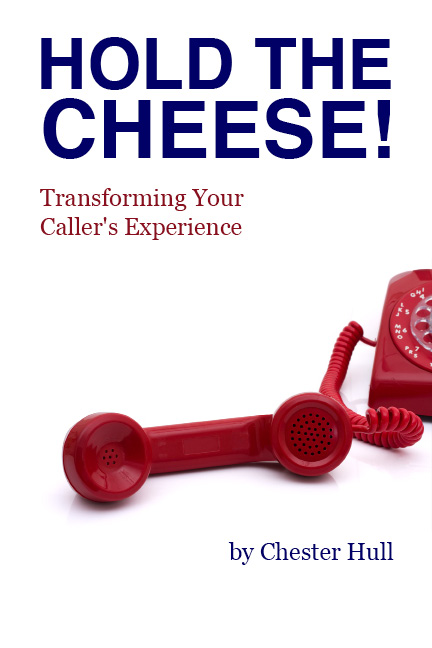At one time or another, we all are going to have to answer the phone to talk with an angry or upset caller. When that situation happens, here are a few things to remember.
Don’t React in Frustration
If you match the caller’s anger or upset feelings in your response to him, the call, and the relationship, will quickly melt into a puddle of irreplaceable hard feelings. So the first thing to do is…to NOT do! Don’t react with frustration; don’t respond in anger, and don’t even make a smart comment. The best thing to do is to stay calm.
Empathize with the Caller
Most of the time, if you can empathize with the caller, you will gain his ear, and calm him down at the same time. Empathy is understanding or entering into another’s feelings. Convey that you understand why the caller might be upset, and that it’s not an unreasonable reaction (even if it’s not the most productive reaction!). Seeing the situation from the caller’s perspective is the first thing the caller really wants you to do.
Take Some Blame for the Company
I recently had an excellent example of an employee taking the blame for the company when I called Starbucks. I had purchased a coffee cup, and used it once, and the second time I went to use it, my coffee poured out all around the lid! As coffee ran down my chin and on my shirt, I couldn’t believe what was happening! When I took off the cup’s lid, I saw right away that the cup had been cracked, all around the top, and there was no way it could be fixed. I called Starbucks to ask what it suggested I do about this situation since I suspected that the first time I used the cup, a barista had dropped it, and I felt that could have caused the cracking.
When I spoke with the Starbucks representative, the first thing he did was take full responsibility for the incident. No questions asked. There was never any implication that it might have been my fault, and never any hedging on the fact that the company was going to take care of me. Right away, he asked whether I could send him the receipt for the cup so he could give me a refund. Unfortunately, I didn’t have the receipt anymore, so he asked what I had paid for the cup. I told him it was ten or eleven dollars to the best of my memory. He let me know that without the receipt, he couldn’t issue an exact refund, but that he would be happy to send me a $10 gift card if that were acceptable to me. He also took careful notes of the cup type, and let me know that the company tracks incidents with its cups, so it can improve on them.
Then, in a move that sealed my feelings about Starbucks, he said, “Now, you mentioned that it spilled on your shirt. Is there anything we need to do to clean or replace your shirt?” Do you see how taking the blame for the incident led him to going beyond what I felt was even necessary in order to resolve my situation? But if he had been hedging up front, and even grudgingly offered a refund, I wouldn’t have felt nearly as good about the company as I do now! (And sharing this story with you is free press for Starbucks!)
By taking the blame for the company, the employee allowed for there to be only a very small step between solving my complaint, and making me a fan of Starbucks for life!

 Facebook
Facebook LinkedIn
LinkedIn Twitter
Twitter



